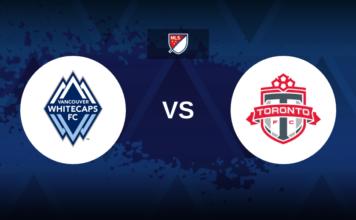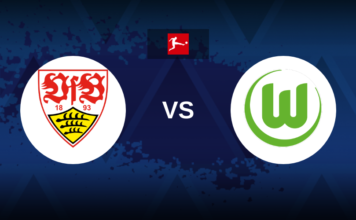At first glance, the Belgian Pro League’s standings often seem perplexing.
A team’s wins and draws don’t always add up to their total points, some clubs with better records aren’t necessarily at the top, and relegated teams can have similar points to those qualifying for European competition. This is the reality of Belgium’s domestic football competition, a league system that has puzzled fans and analysts alike for over a decade. However, major changes are on the horizon that may finally bring clarity.
The Origins of the Confusion
Belgium’s league system underwent a radical transformation in 2009. Until then, the league followed a traditional format, but declining performances in European competitions led the country’s biggest teams to push for a restructuring. Their argument was that playing against weaker teams too often diluted their competitiveness, making the league less attractive to top foreign players. The solution? A playoff system designed to increase the number of high-stakes matches.
How the Playoffs Work
The Belgian Pro League begins with a regular season where 16 teams play each other home and away. Unlike many other leagues, if two teams finish on equal points, the number of wins takes precedence over goal difference in deciding the standings.
After the regular season, the league splits into three separate playoffs:
- The Championship Group – The top six teams compete for the title and European spots.
- The Conference League Playoff Group – The middle six teams fight for a place in the Europa Conference League qualifiers.
- The Relegation Round – The bottom four teams battle to avoid dropping to the second division.
Before the Championship and Conference League playoffs begin, teams have their points cut in half. If a team finishes the regular season with an odd number of points, their total is rounded up. This creates artificial excitement by reducing point gaps between clubs, keeping more teams in contention. However, this rule doesn’t apply to the relegation round, adding another layer of inconsistency.
Unfair Outcomes and Fan Frustration
The system has led to some bizarre situations. For instance, despite finishing the 2023–24 regular season with a superior record, Union Saint-Gilloise lost the title race due to the points-halving mechanism. Similarly, a club like Antwerp, which placed third in the regular season, could end up missing out on European qualification altogether, while a team that finished lower could still secure a spot in continental competitions.
Adding to the confusion, if two teams finish with the same playoff points, the first tiebreaker is whether their original regular-season total was rounded up. If that doesn’t resolve the tie, then regular-season placement determines the ranking, overriding goal difference.
Resistance to Change
Despite the widespread dissatisfaction with the playoff system, attempts to abolish it have repeatedly failed. This is largely due to the influence of Belgium’s ‘G5’—the five most successful clubs based on recent performances. These teams hold double voting rights in league council meetings and have consistently blocked efforts to return to a simpler format, as the current system enhances their chances of qualifying for lucrative European tournaments.
A New Era Beginning in 2026
Change is finally coming. In February 2025, a vote passed—just barely—with 34 votes out of the required 33 to scrap the playoffs in favor of an 18-team round-robin league starting in the 2026–27 season. A new television deal with broadcaster DAZN played a significant role in securing this decision, as stakeholders sought a more straightforward league structure to attract viewers.
While this reform aims to resolve one of European football’s most convoluted league systems, Belgium’s football authorities have a history of making frequent adjustments. It remains to be seen whether this new format will last or if another restructuring is lurking around the corner.
The Future of Belgian Football
The abolition of the playoff system represents a major shift in Belgian football. It will likely lead to fairer outcomes, more consistency, and greater transparency for clubs and fans alike. However, given the history of tweaks and adjustments, football fans in Belgium know better than to assume that stability is guaranteed.
The Belgian Pro League’s complex system may finally be on its way out—but don’t rule out another surprise change in the years to come.







